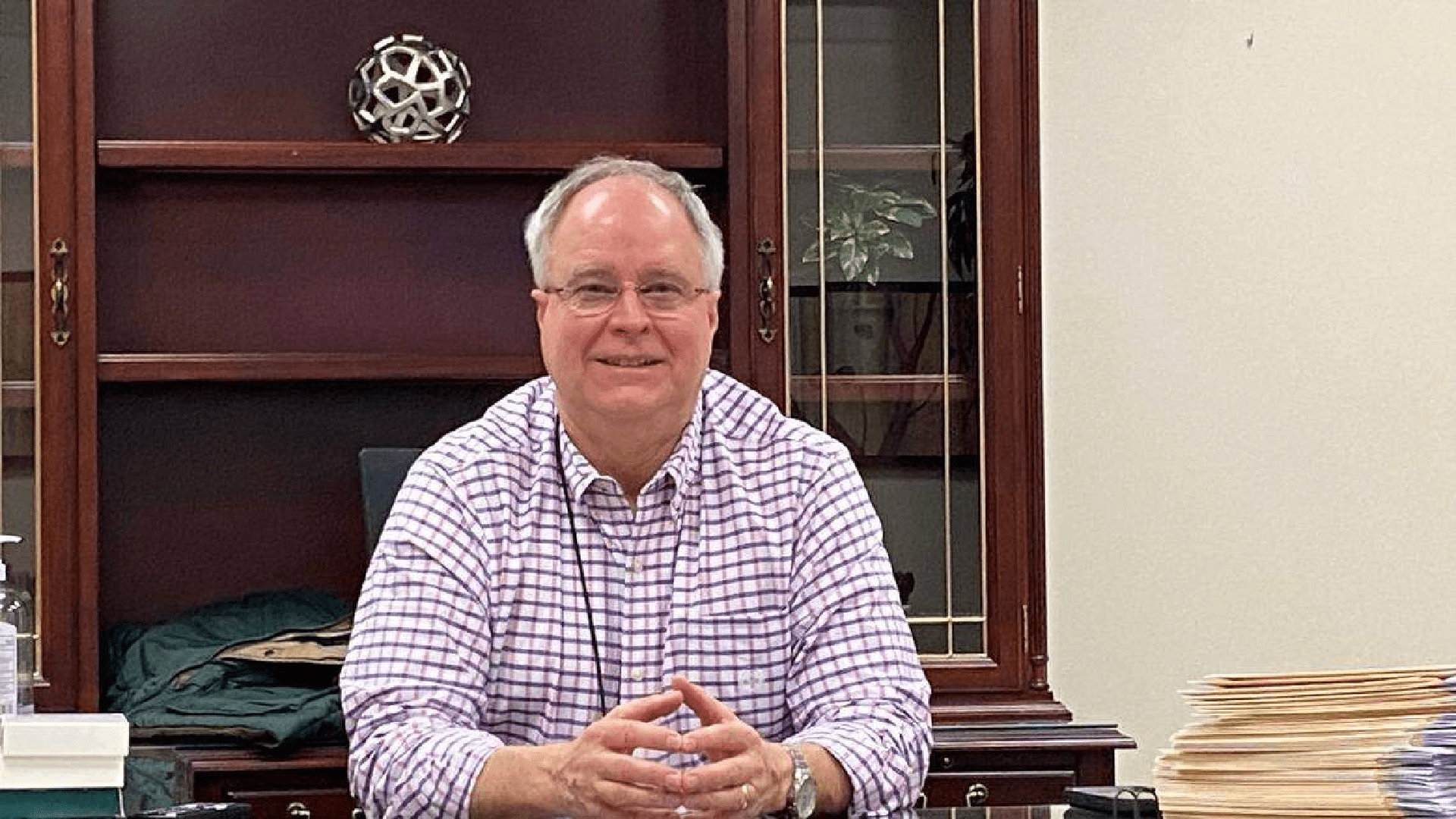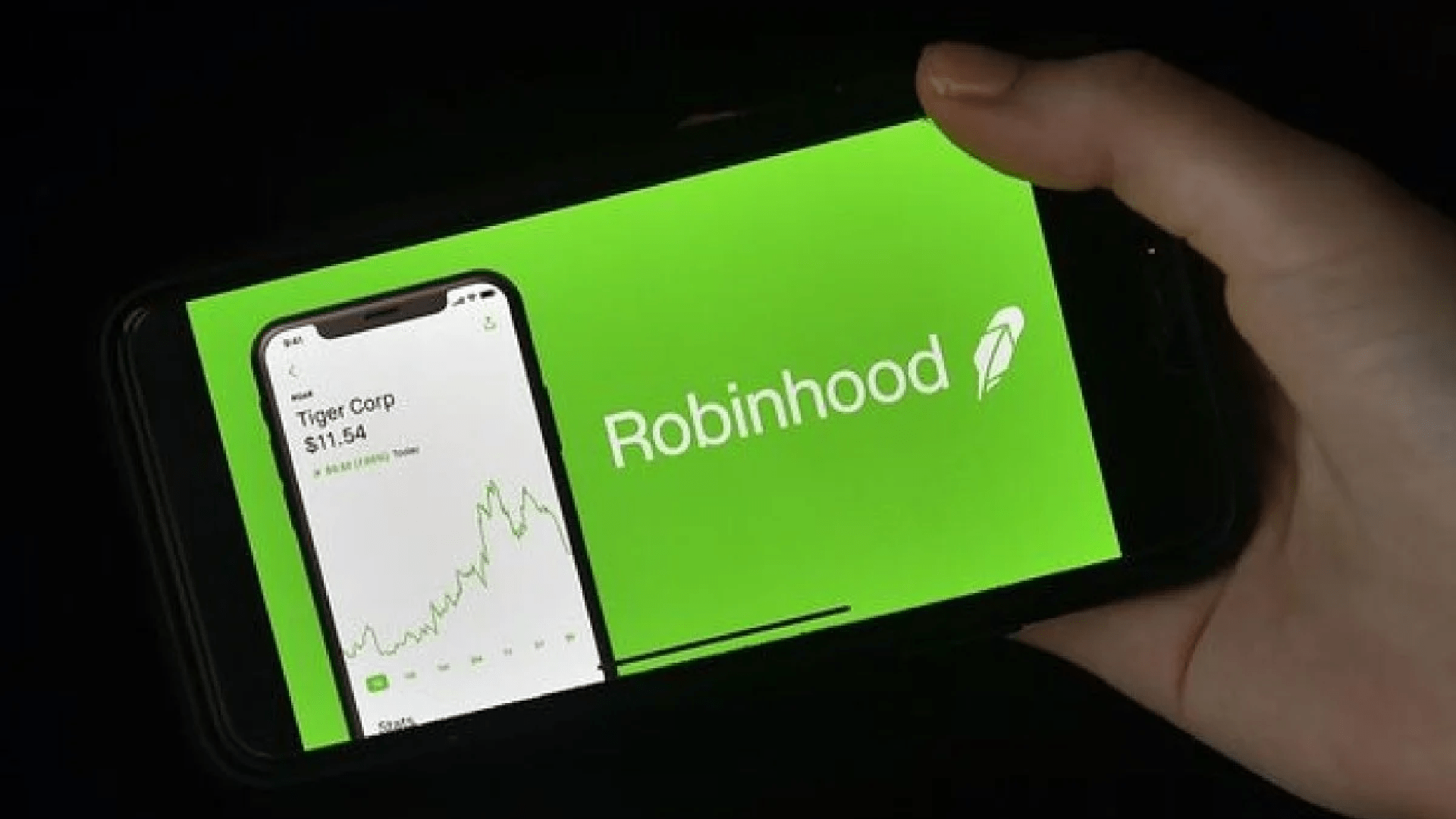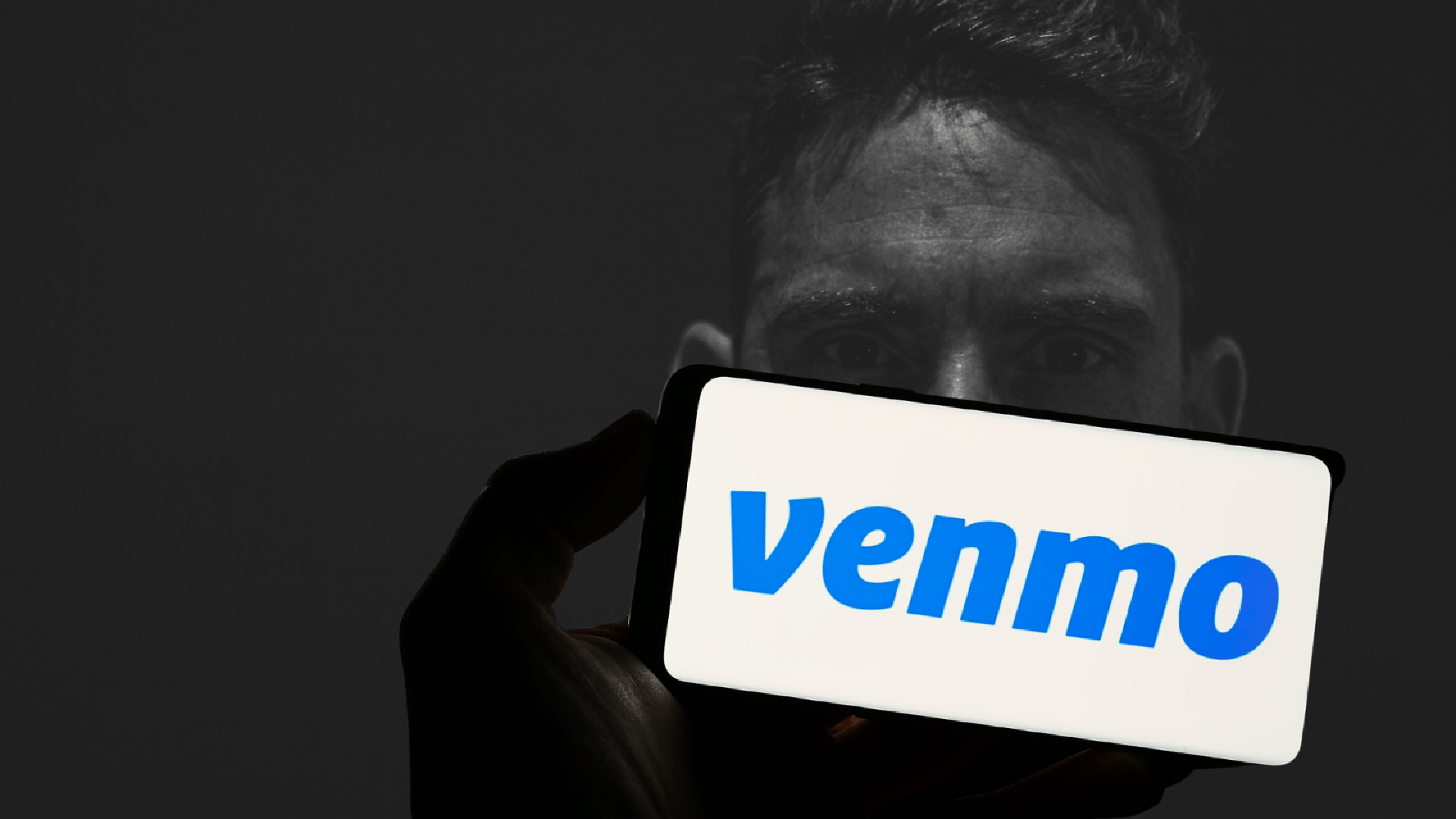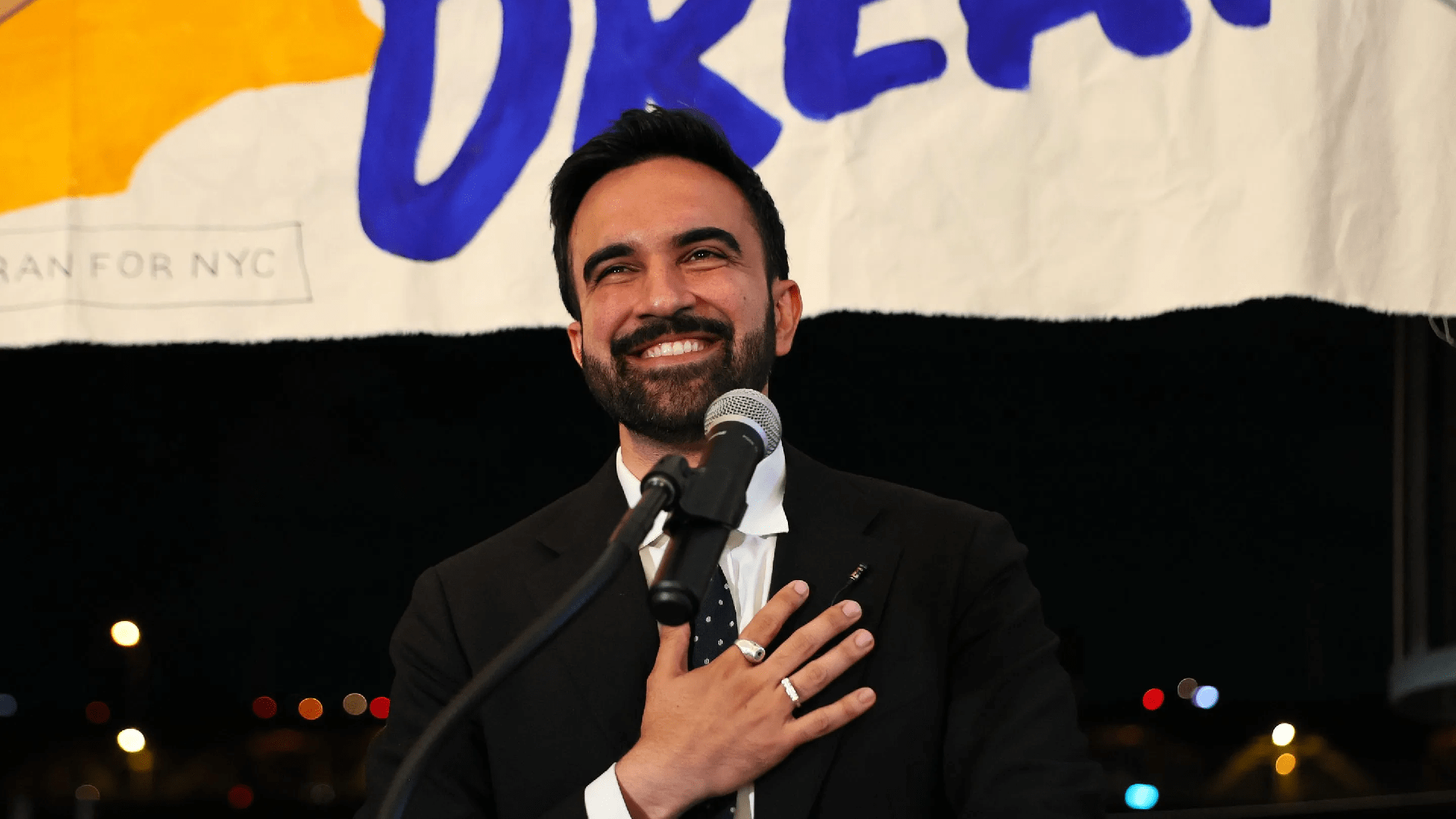South Carolina Ex-Coroner Says Cops Broke Law by Busting His Poker Game
When police and state agents broke up a peaceful social gathering last year, a former Richland County, South Carolina, coroner who was arrested during a raid on what authorities described as an underground poker game claims that they violated his rights and broke the law.
Gary Miller Watts, who served as the county coroner for 20 years until 2020, is suing the South Carolina Law Enforcement Division (SLED) and his local police department. According to WIS News 10, the complaint charges officers with trespassing, malicious prosecution, and false arrest.
Watts and ten other people, including his son Adam, were taken into custody during the raid on a rented office building in the village of Irmo in April 2024. Because organizers were collecting a rake, officers confiscated almost $15,000 in cash, charging the game was an unlawful gambling operation. Watts was later exonerated of the accusations.
"Heavy-Handed" Raid
According to Watts' lawsuit, the SWAT-like group that broke through the suite's glass doors while wielding assault guns was "a crack team of gumshoes."
The petition cited local newspaper The State as saying that they "charged in like SEAL Team 6" on a "group of friends who routinely gather in an office suite to play poker, have dinner, and share fellowship."
Watts contends that the confiscated funds were not used to profit those hosting the event, but rather just to pay for food and beverages.
Additionally, he argues that law police had no probable reason to raid the game and that they had fabricated the situation to support a show of force.
He goes on to say that an undercover SLED agent who entered the game used taxpayer funds to bet and lose.
A Strict stance against gambling
The gaming regulations in South Carolina are quite stringent and outdated. In many locations, including "any house used as a place of gaming," it is illegal to play "any game with cards or dice."
A carveout, on the other hand, is a gathering of members of a club or social group in a private home where the game is played without gambling or betting, with no financial gain to the host or organizer, and with genuine social relationships.
Watts argues that neither "office spaces" nor "poker" are specifically mentioned in the Act.
Citing lost wages and other injuries from the raid and legal ramifications, the lawsuit is requesting both real and consequential damages.
However, in South Carolina, any attempt to portray the poker night as legal will be met with resistance. Despite the fact that no rake was taken, the state Supreme Court maintained private poker players' convictions in 2012. According to the court, any card game that included wagering might qualify as gambling under the law.











